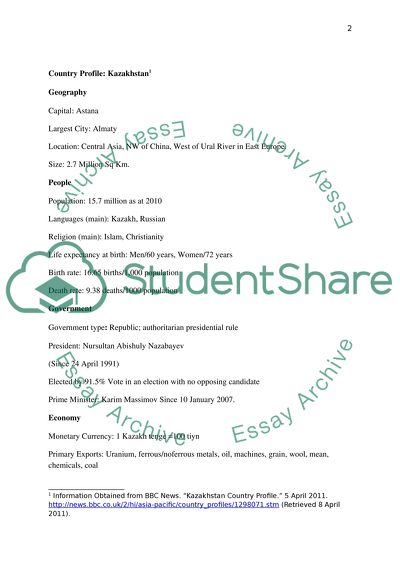Cite this document
(“Regional Corruption Report (Kazakhstan, Russian Federation, and Essay”, n.d.)
Retrieved from https://studentshare.org/environmental-studies/1414977-regional-corruption-report-kazakhstan-russian
Retrieved from https://studentshare.org/environmental-studies/1414977-regional-corruption-report-kazakhstan-russian
(Regional Corruption Report (Kazakhstan, Russian Federation, and Essay)
https://studentshare.org/environmental-studies/1414977-regional-corruption-report-kazakhstan-russian.
https://studentshare.org/environmental-studies/1414977-regional-corruption-report-kazakhstan-russian.
“Regional Corruption Report (Kazakhstan, Russian Federation, and Essay”, n.d. https://studentshare.org/environmental-studies/1414977-regional-corruption-report-kazakhstan-russian.


